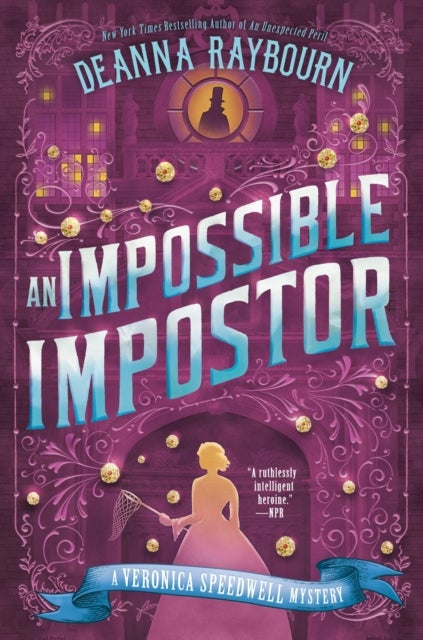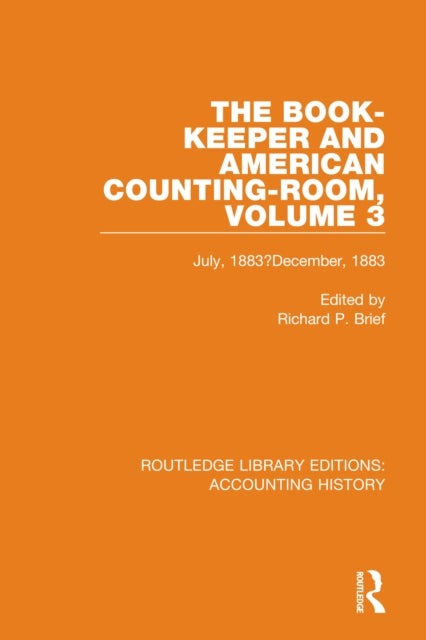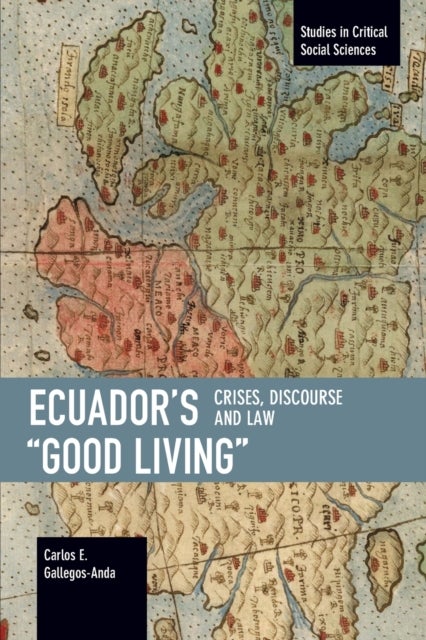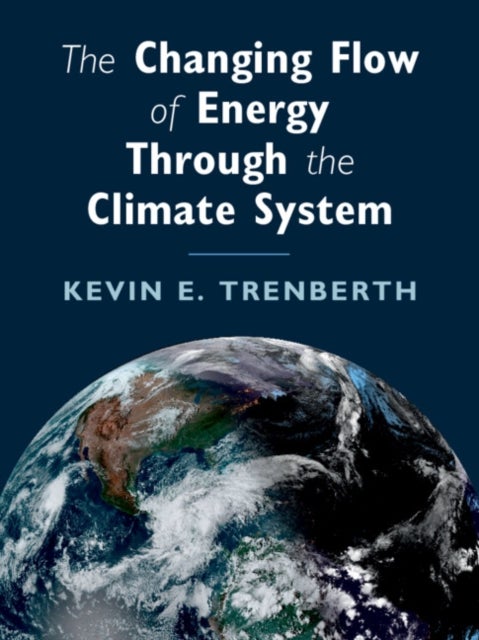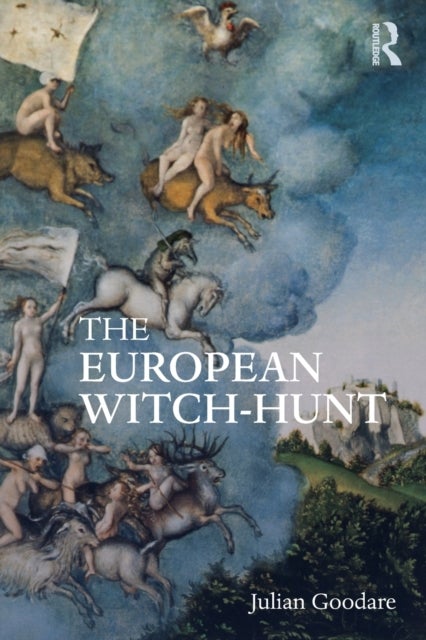
The European Witch-Hunt av Julian (University of Edinburgh UK) Goodare
619,-
<P><EM>The European Witch-Hunt </EM>seeks to explain why thousands of people, mostly lower-class women, were deliberately tortured and killed in the name of religion and morality during three centuries of intermittent witch-hunting throughout Europe and North America. </P><P>Combining perspectives from history, sociology, psychology and other disciplines, this book provides a comprehensive account of witch-hunting in early modern Europe. Julian Goodare sets out an original interpretation of witch-hunting as an episode of ideologically-driven persecution by the ''godly state'' in the era of the Reformation and Counter-Reformation. Full weight is also given to the context of village social relationships, and there is a detailed analysis of gender issues. Witch-hunting was a legal operation, and the courts'' rationale for interrogation under torture is explained. Panicking local elites, rather than central governments, were at the forefront of witch-hunting. Further chapters explore folk



